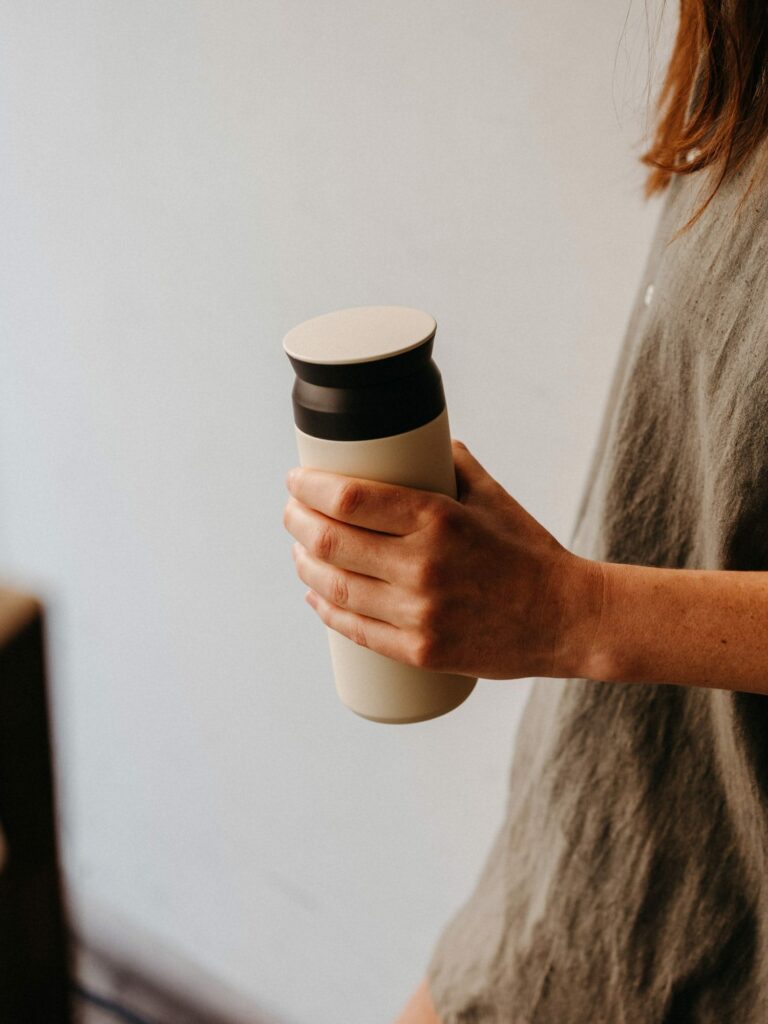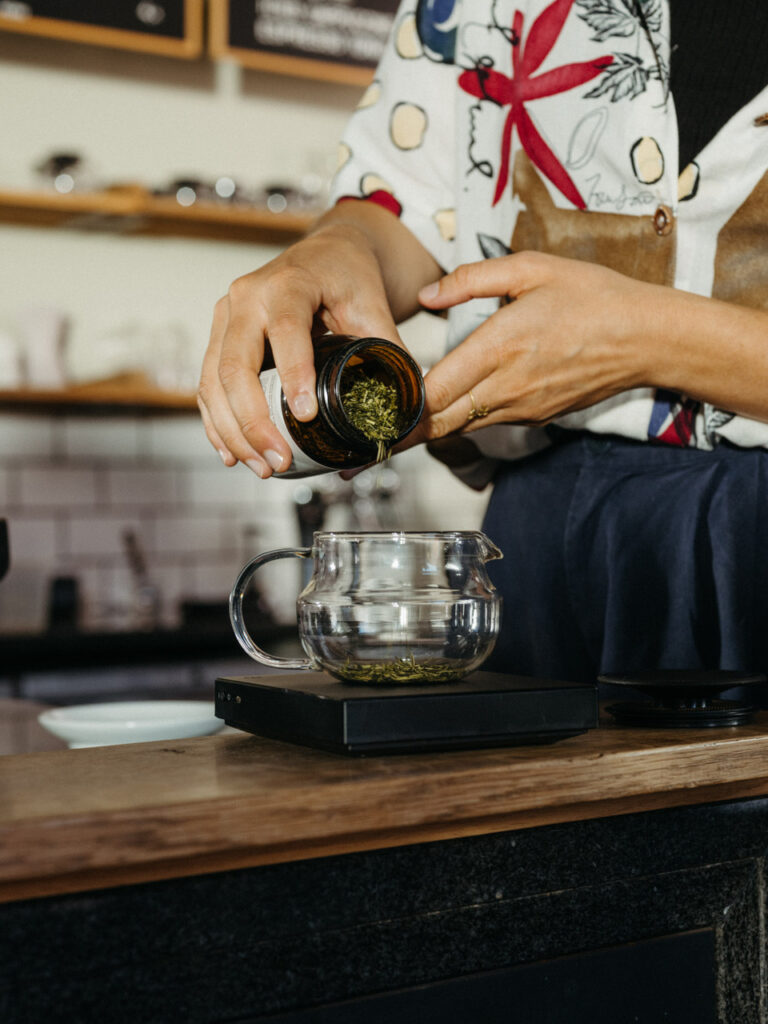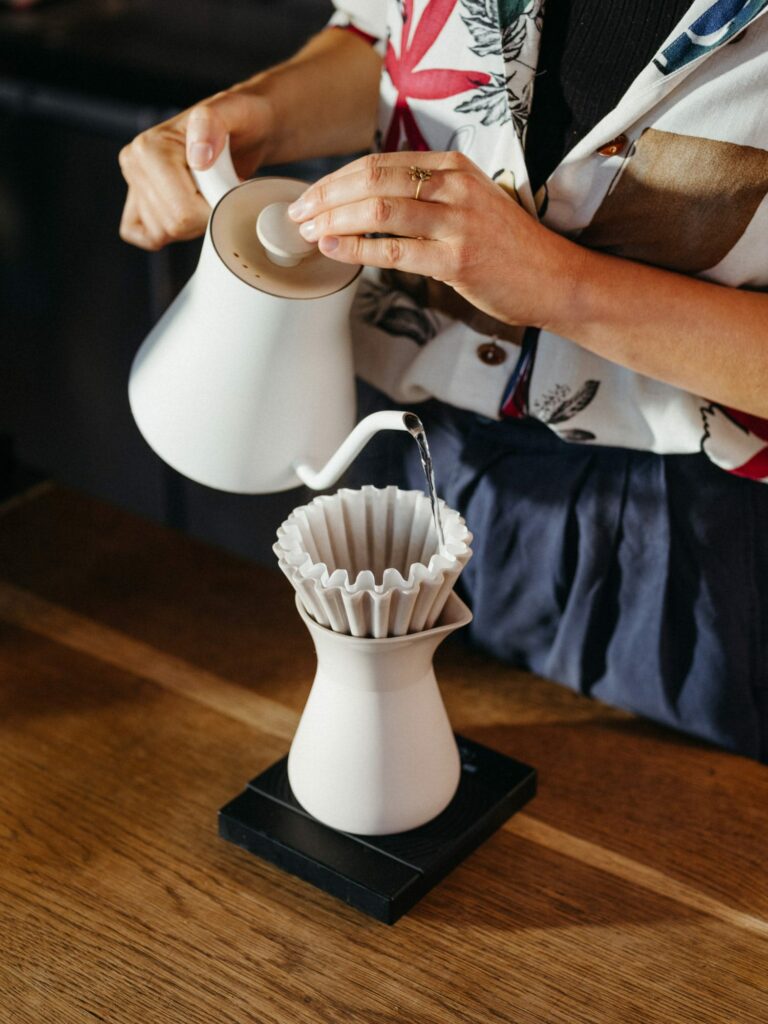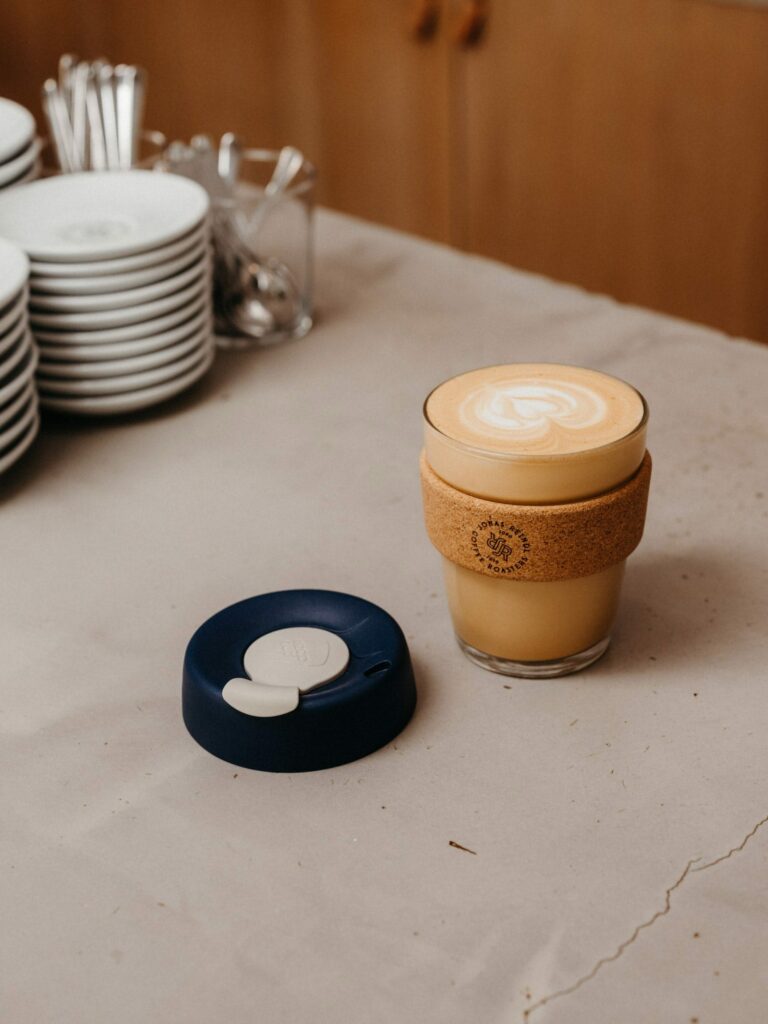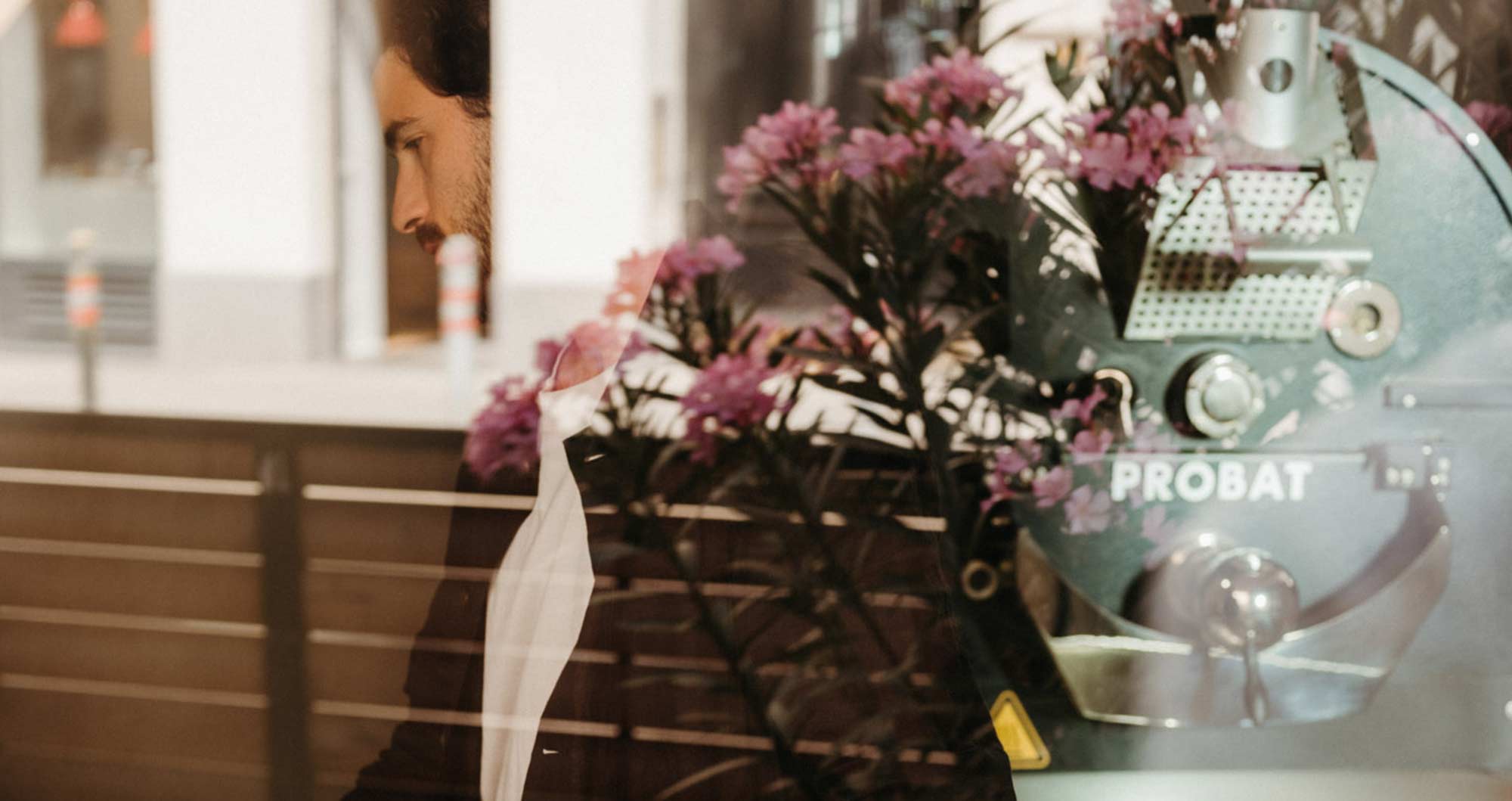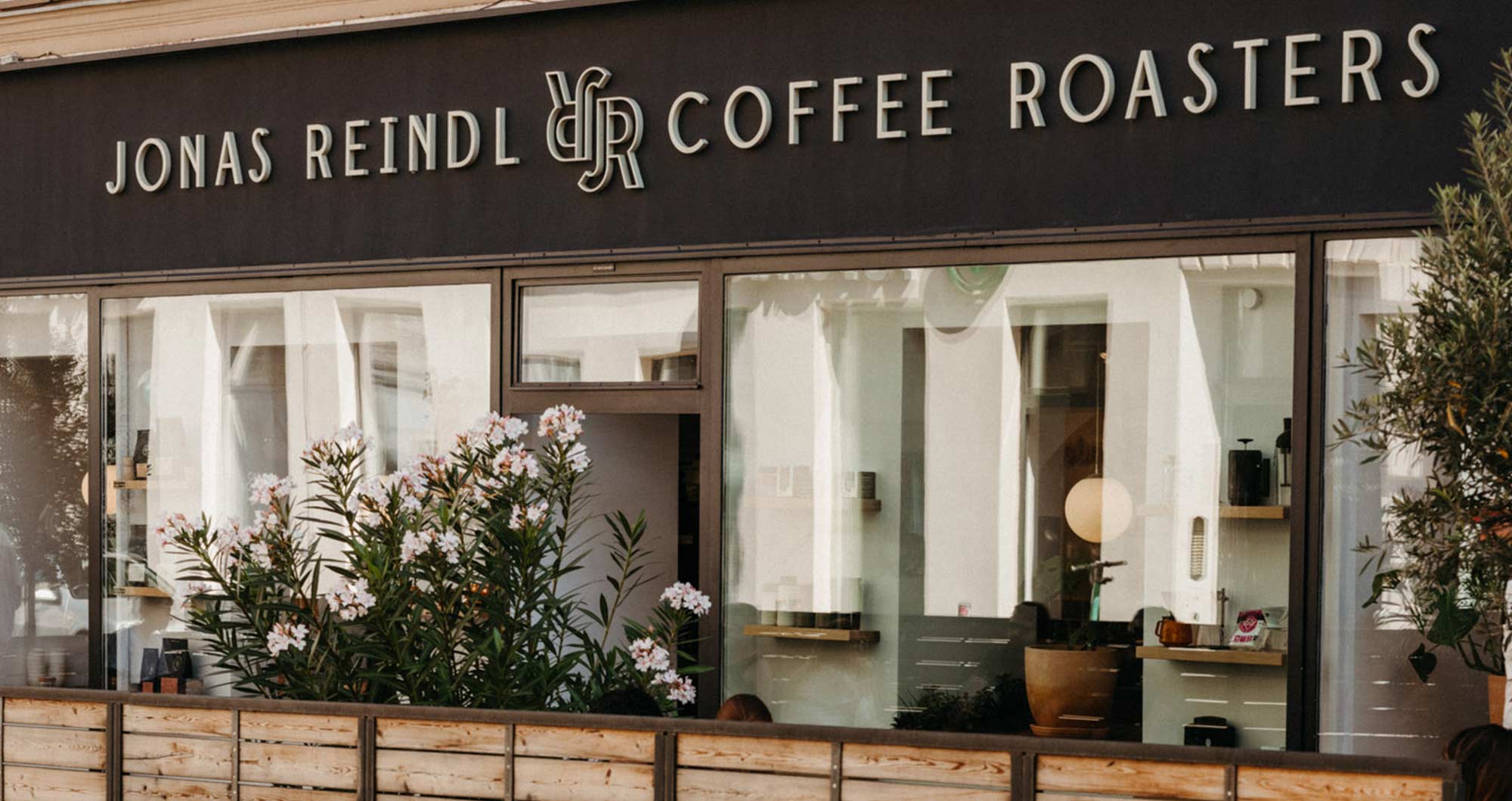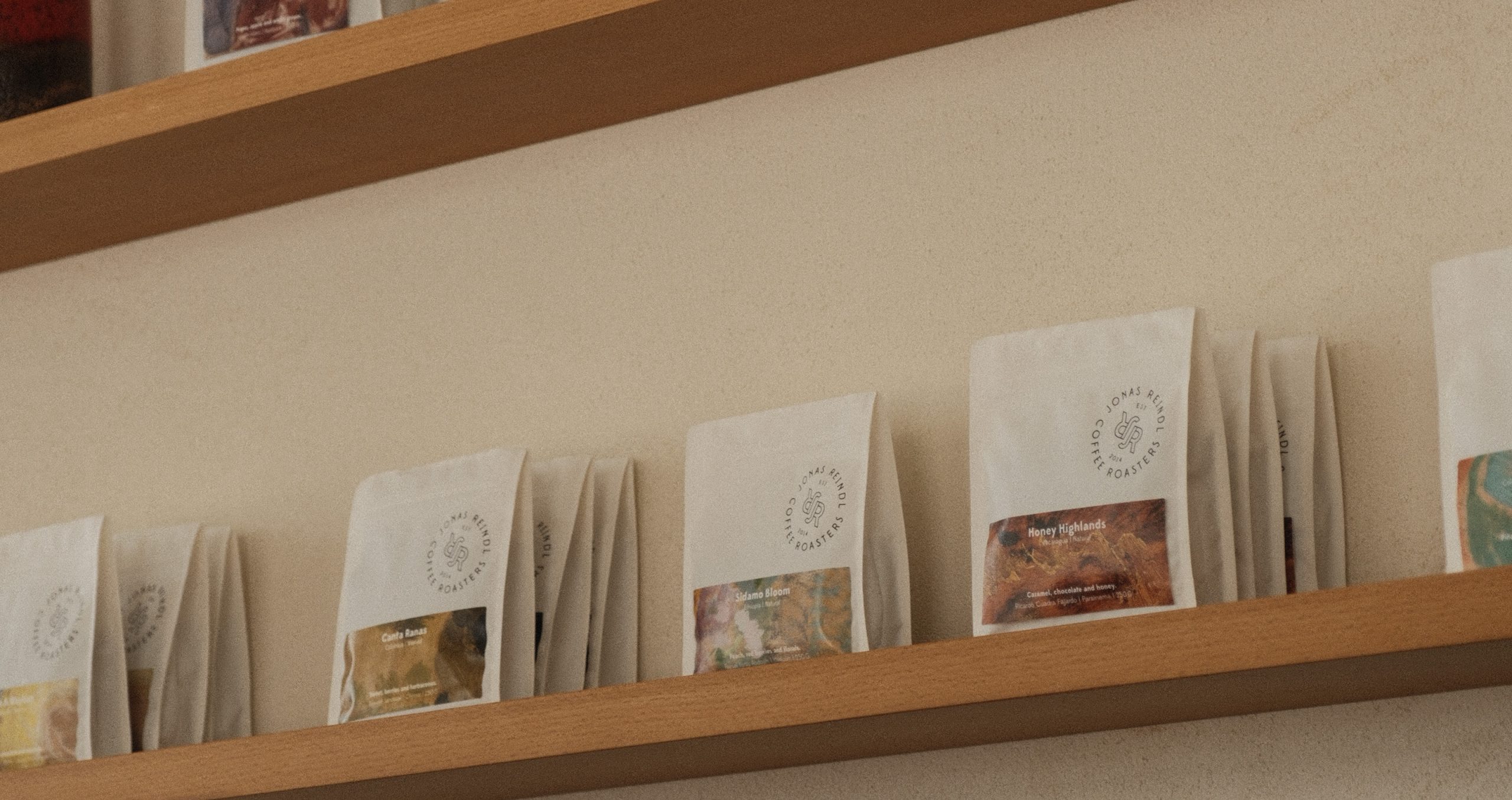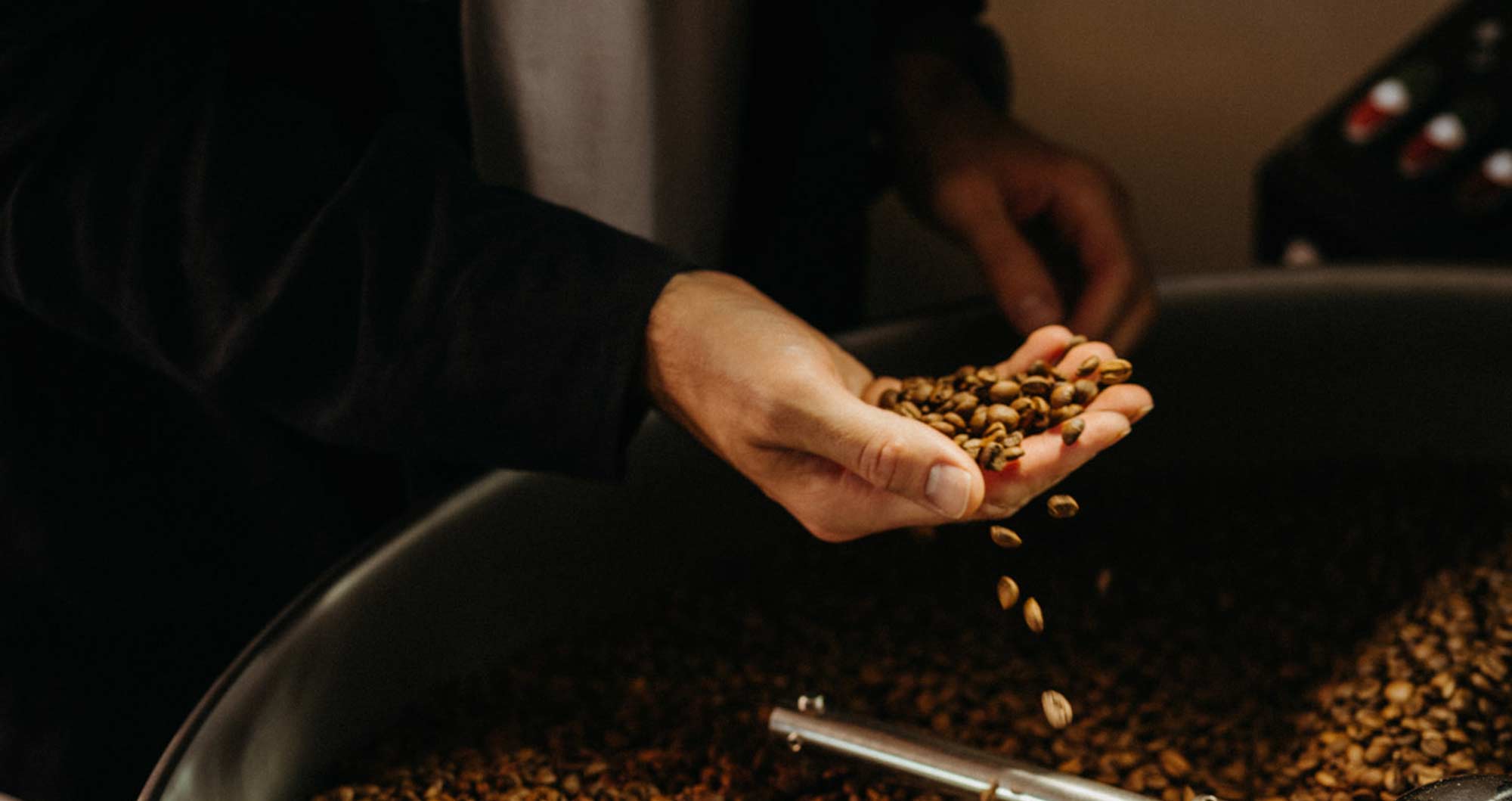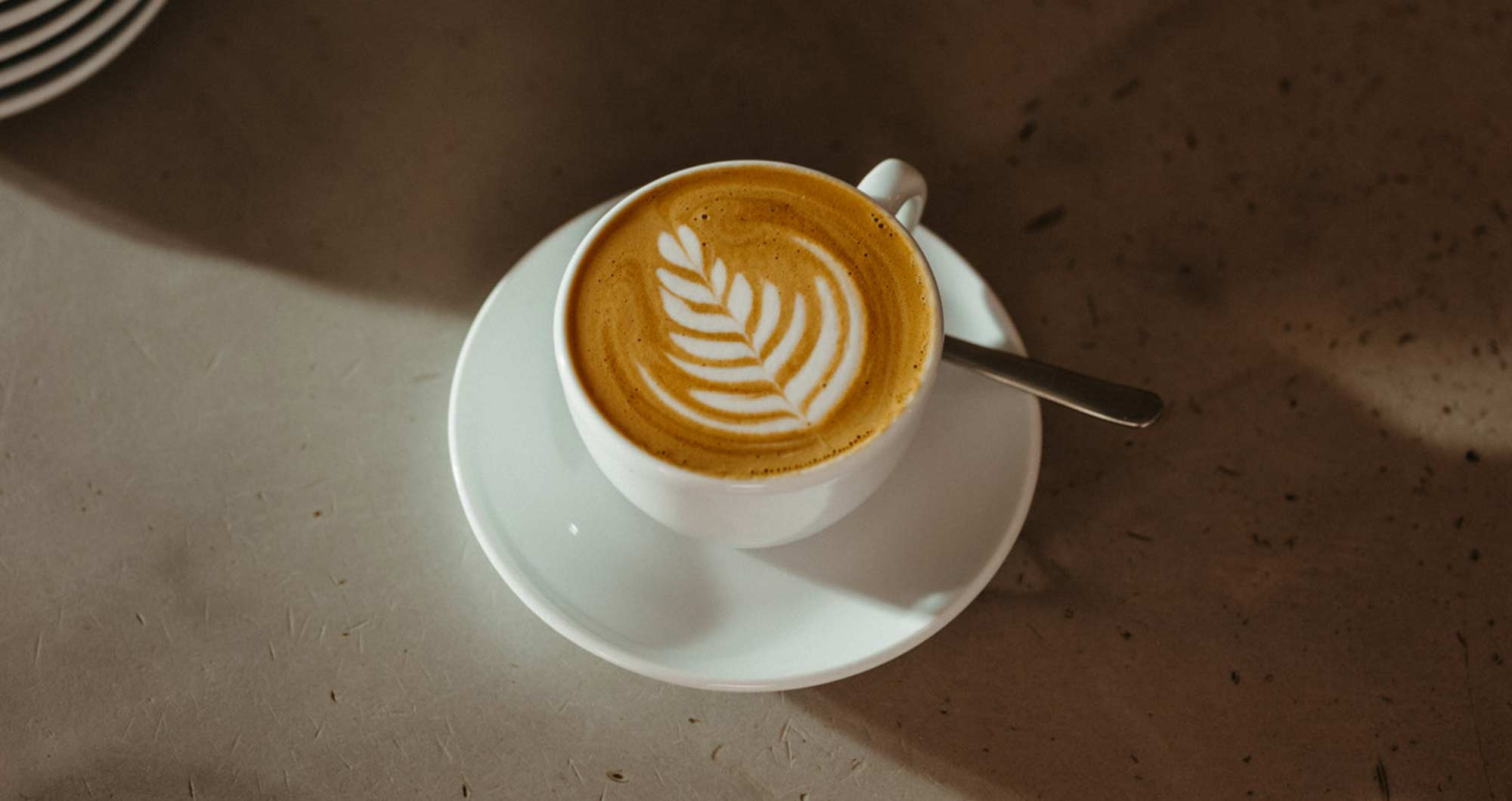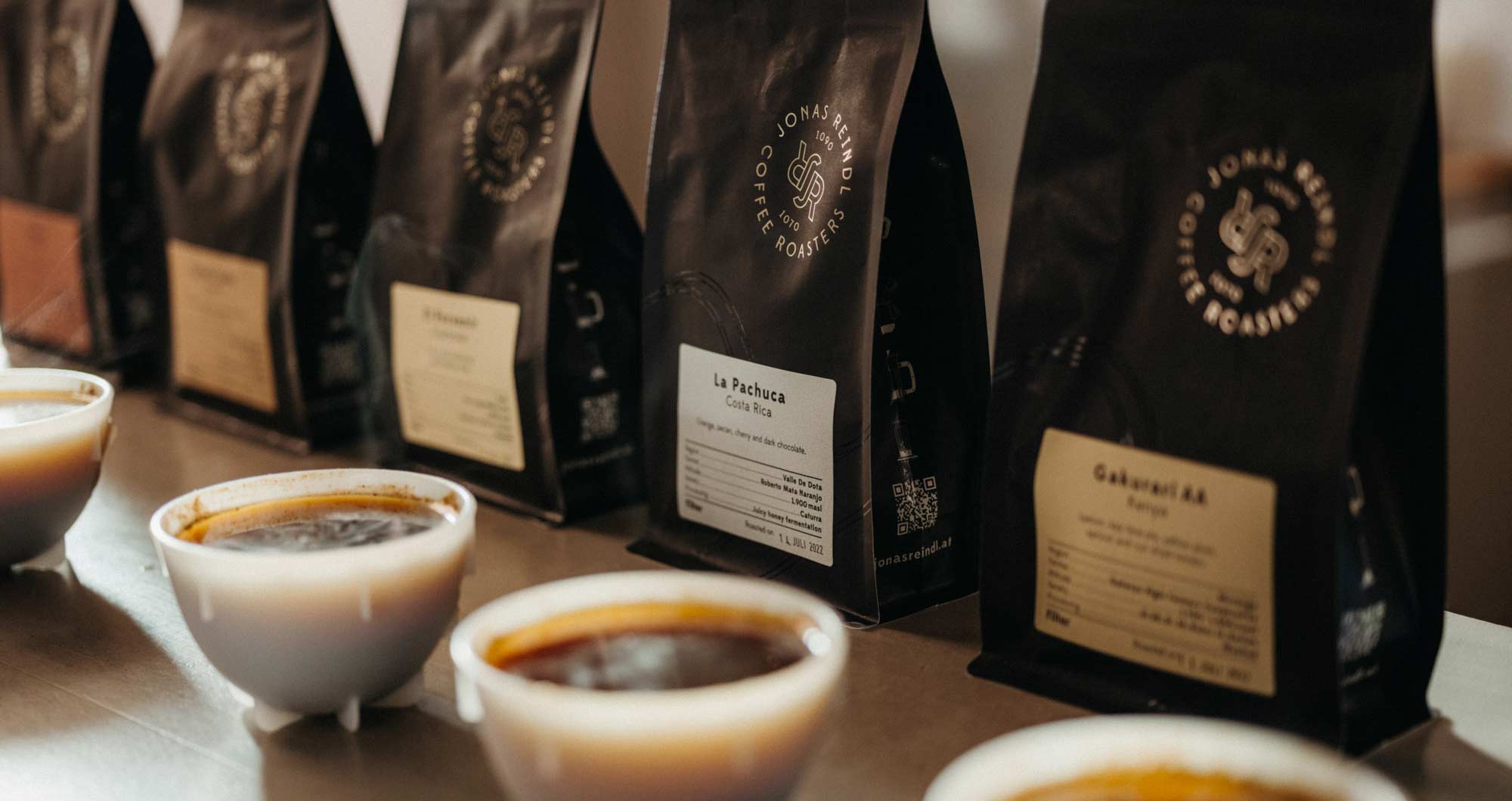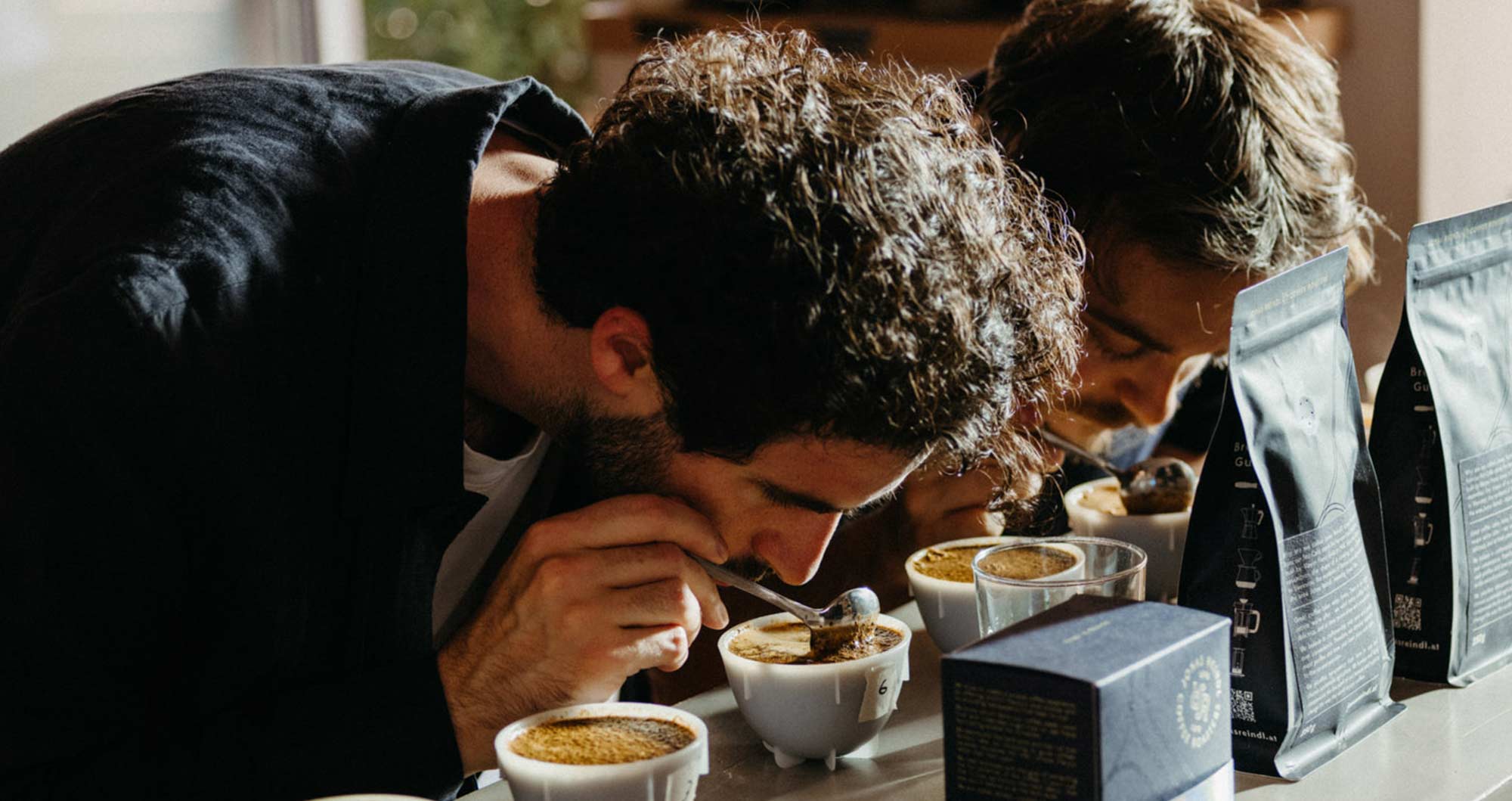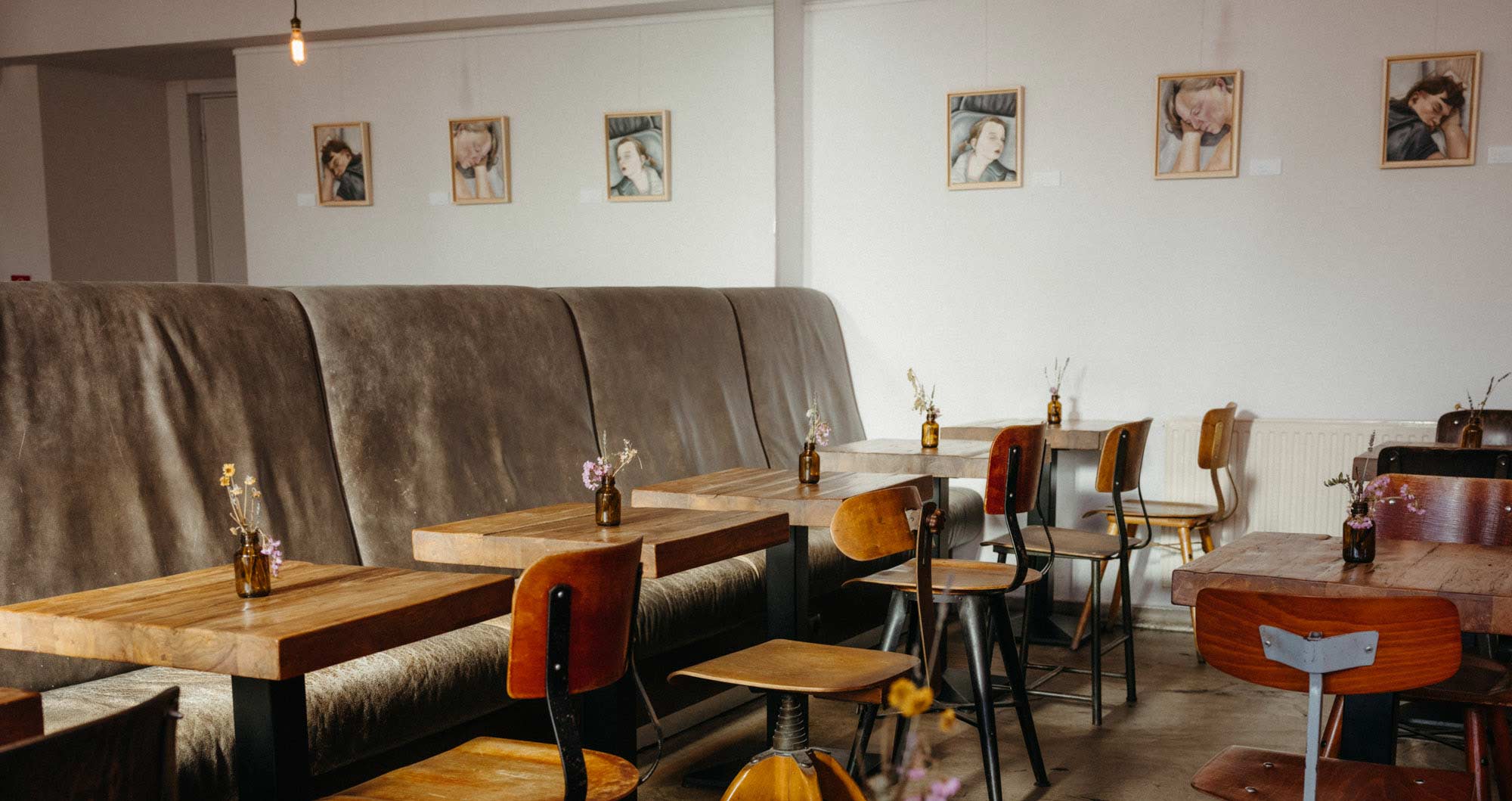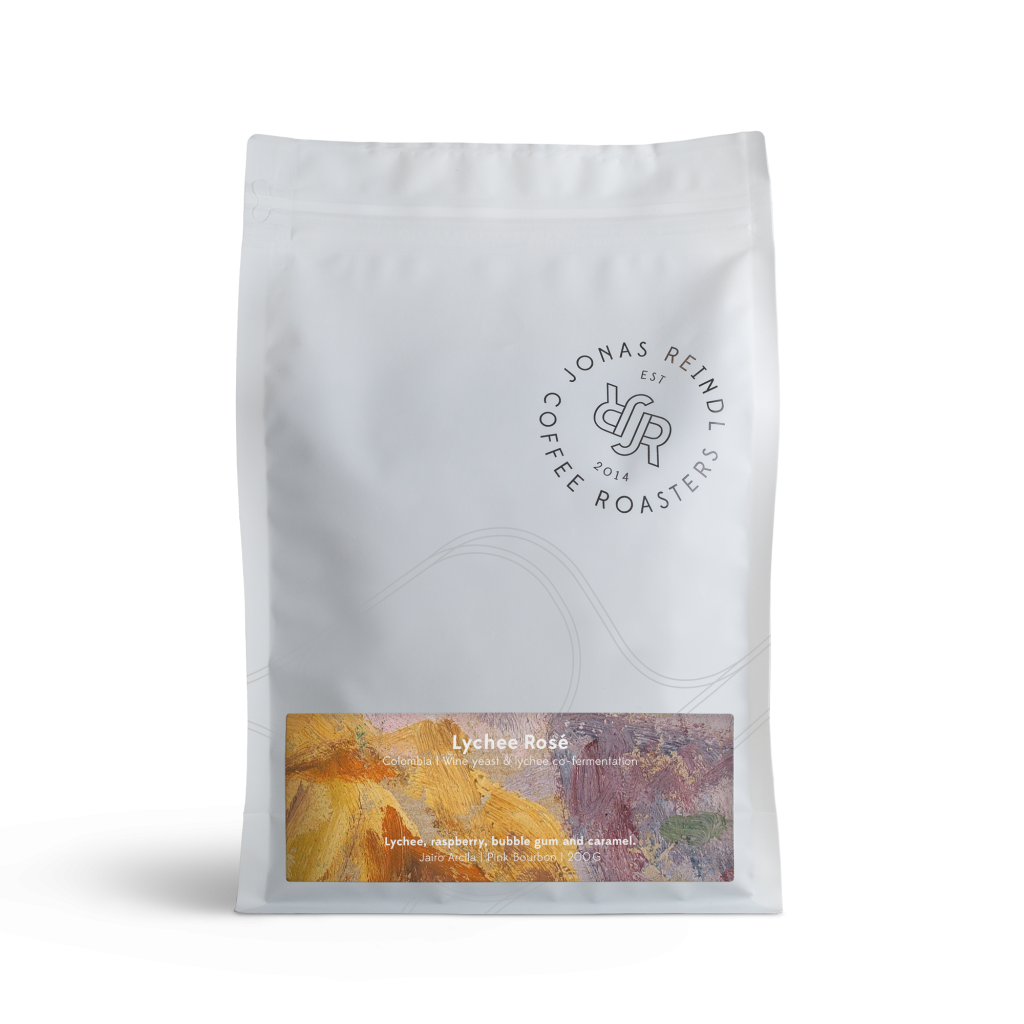
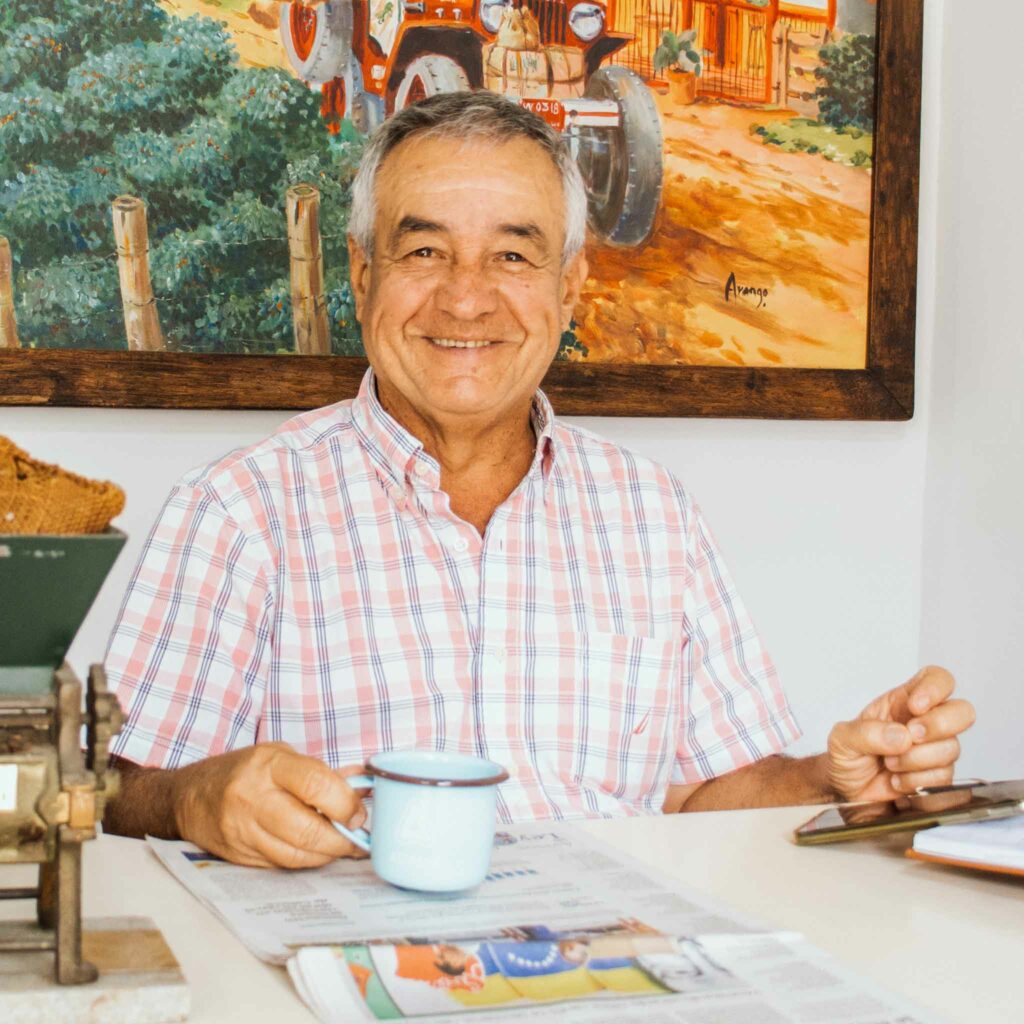
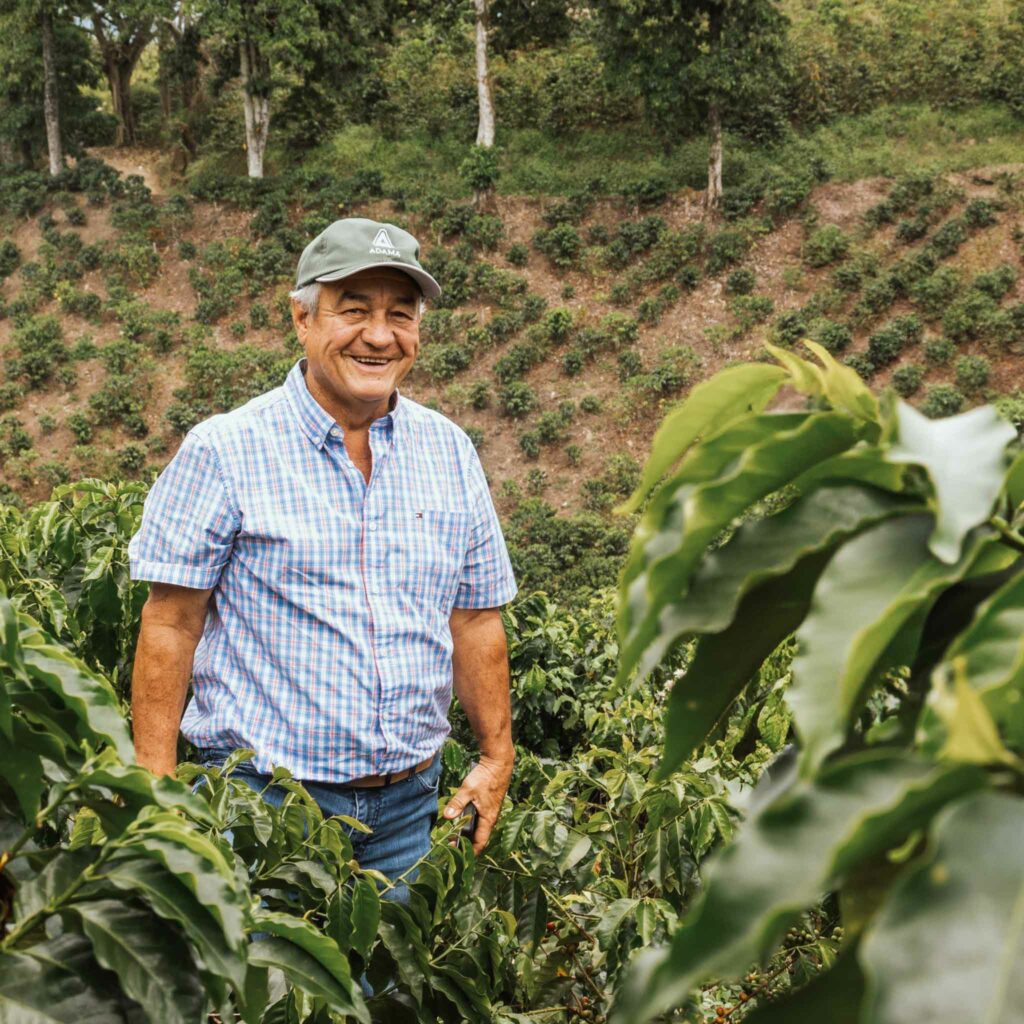
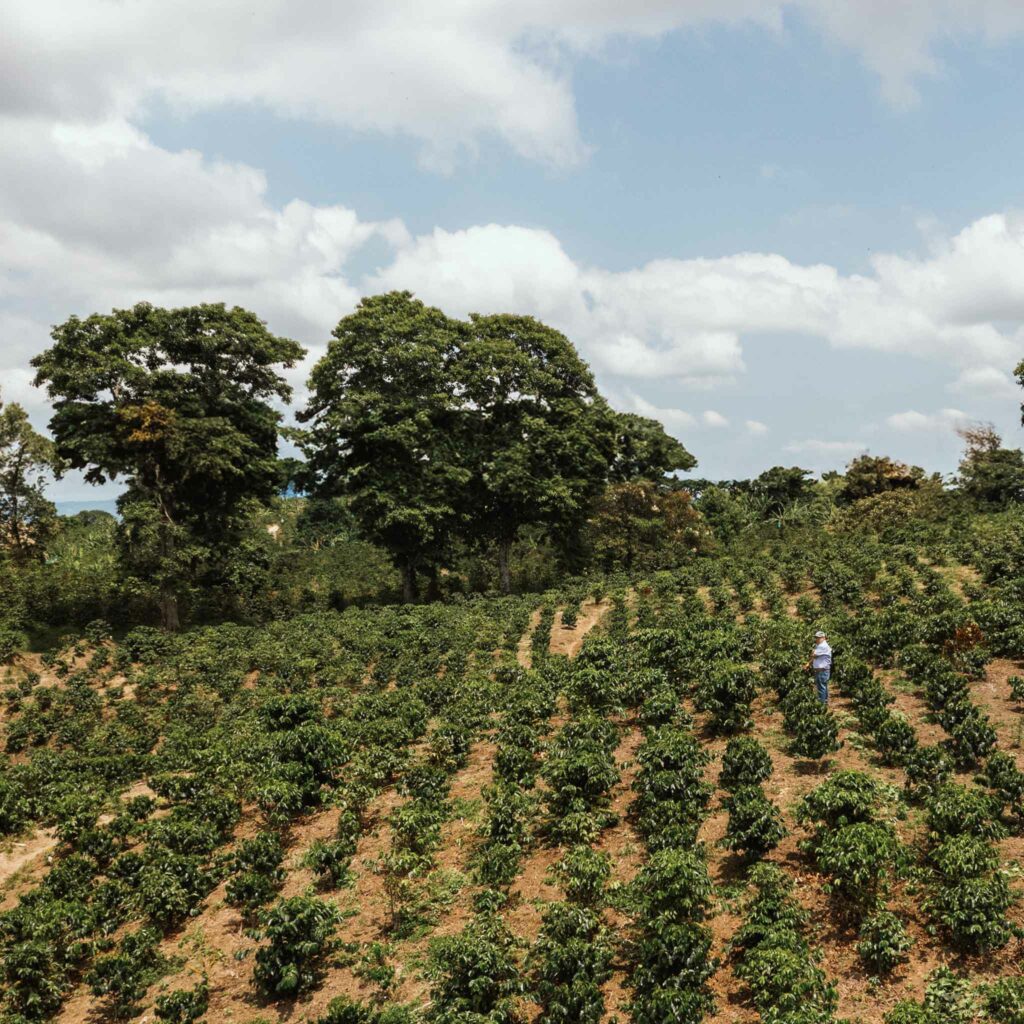
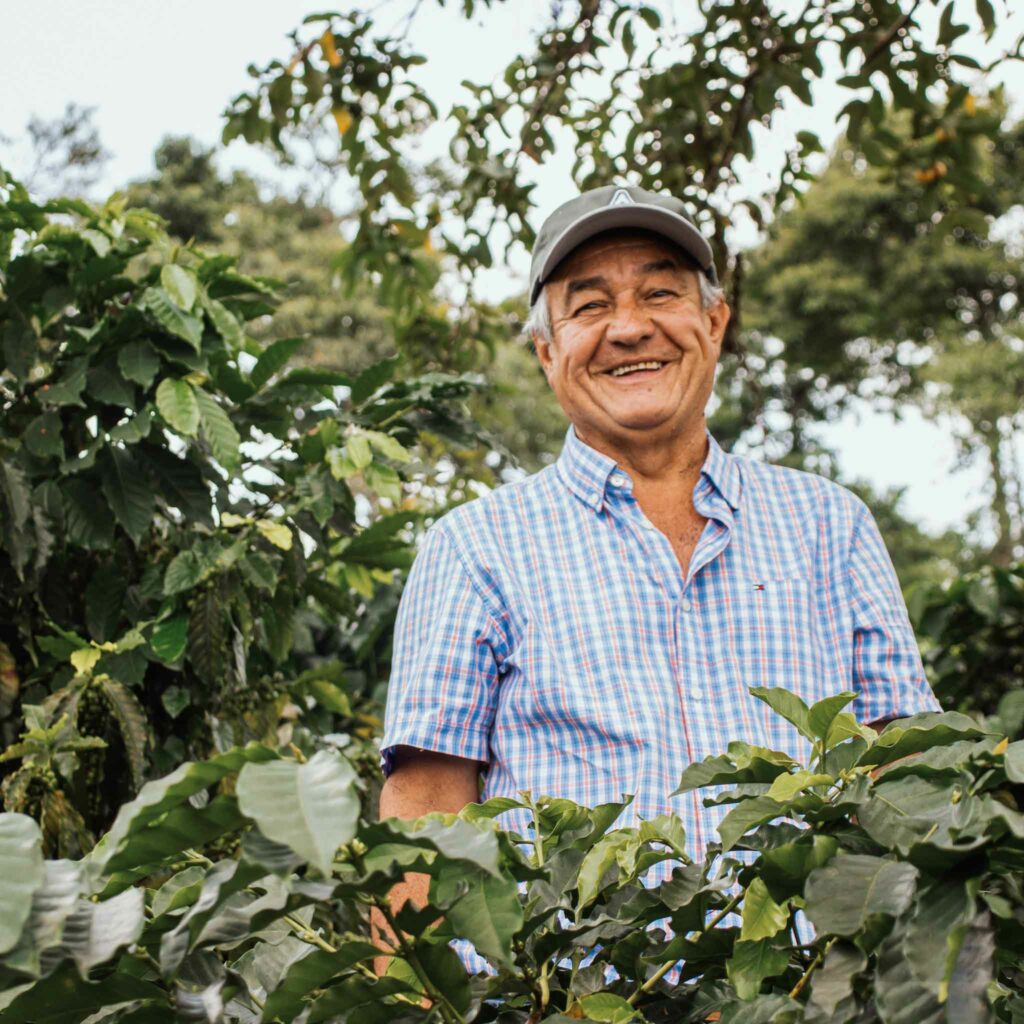
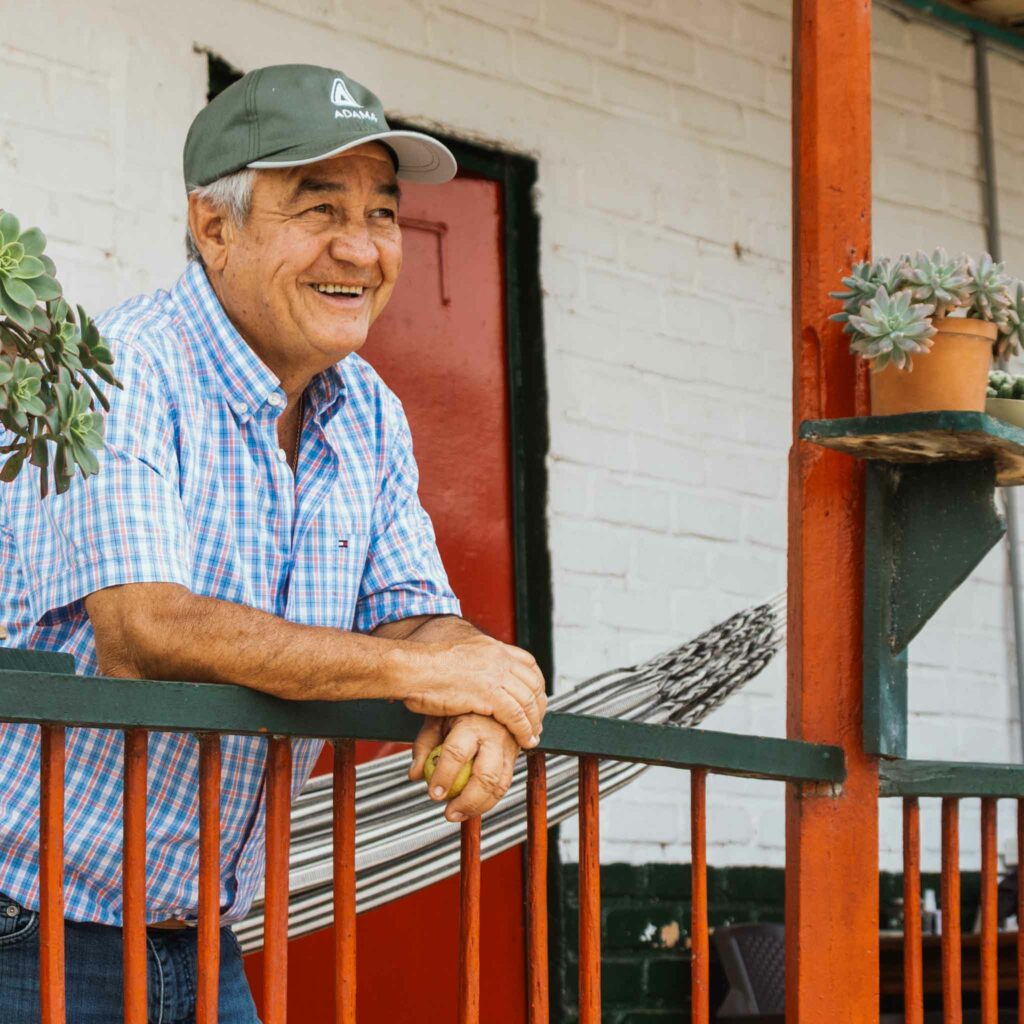
Lychee Rosé
€97,00 incl. VAT
Taste Profile
Lychee, raspberry, bubble gum and caramel.
Additional information
| Variety | Pink Bourbon |
|---|---|
| Processing | Wine yeast & lychee co-fermentation |
| Country | Colombia |
| Region | Armenia, Quindio |
| Farmer | Jairo Arcila |
| Altitude | 1.800 - 2.000 masl |
Lychee Rosé
With its reddish-pink cherry hue and exceptional cup quality, the Pink Bourbon variety has earned a reputation for being both visually striking and remarkably flavourful. While its exact origins remain unconfirmed, it is widely believed to have emerged as a natural mutation at 2,100 m.a.s.l. in the San Adolfo region of Huila, Colombia, around 1980. Its high-altitude birthplace has made Pink Bourbon a favourite among coffee farmers and roasters. Initially, Pink Bourbon was thought to be a mutation of the Red and Yellow Bourbon varieties. However, some researchers have challenged this theory, proposing instead that Pink Bourbon may trace its lineage to an Ethiopian landrace variety. Pink Bourbon variety is adaptable to specific growing conditions. Pink Bourbon is a high-altitude coffee variety, thriving best at elevations between 1,700 to 2,100 m.a.s.l. This elevation range is crucial for developing the complex flavours and vibrant acidity that Pink Bourbon is known for. Pink Bourbon trees are typically medium in height. This compact size makes them easier to manage and harvest compared to taller varieties.
Pink Bourbon is susceptible to certain coffee diseases, such as coffee leaf rust and coffee berry disease. Farmers must implement careful disease management practices to protect their crops. Pink Bourbon is known for its sweet, fruity, and floral notes, often accompanied by a vibrant acidity and a silky body. Stature: medium | Average Altitude: 1700– 2100 m.a.s.l. | Tolerant to drought, tolerant to leaf rust.
Wine yeast, plays a unique role in the fermentation process, enhancing the coffee’s complexity and introducing distinctive characteristics. Wine yeast is highly efficient at converting sugars into alcohol and other compounds during fermentation. In coffee, this process helps break down the mucilage more effectively, releasing organic acids and other compounds that contribute to the coffee’s flavor. Following fermentation, the cherries are pulped to remove the outer skin while leaving the mucilage intact. This sticky, honey-like layer is what gives the Honey process its name and contributes to the coffee’s sweetness and body. The pulped cherries are then transferred to our concrete patio or Elbas in Spanish, where they are spread evenly in thin layers. The cherries are carefully monitored and turned regularly to achieve uniform drying and to prevent over-fermentation or mold. Drying continues until the cherries reach an ideal moisture content of 9.5% -11%, which is the perfect point for us.
Credit: Cofinet
Our coffee is treated with care
Meticulous Quality
We hope to provide our customers with the best and therefore pay close attention to all factors affecting the quality of our coffee. These include cultivar, growing altitude, climate, soil chemistry, harvesting and processing conditions, drying method, storage conditions, transportation, roasting conditions, grind size, brewing water and brewing recipes.
Highly Curated
Each one of our coffees is carefully selected by our roasting team. Before we buy in bulk, we go through many samples from different specialty coffee estates. Often times we are working with the most renowned coffee producers in the world.
Small Batch Roasting
All our coffee is roasted in our Roastery in Westbahnstraße 13, in Vienna. We roast small batches (10kg max) because we have better control over all the parameters that impact the flavour profile and can therefore better guarantee consistency.
Ethically Sourced
We ensure traceability for all our coffees. Our house Espresso from Nicaragua is directly traded without any middle-men and when we go through a wholesaler, complete transparency is a must. We want to provide our customers with the ability to know where their coffee comes from down to the name of each farmer.
